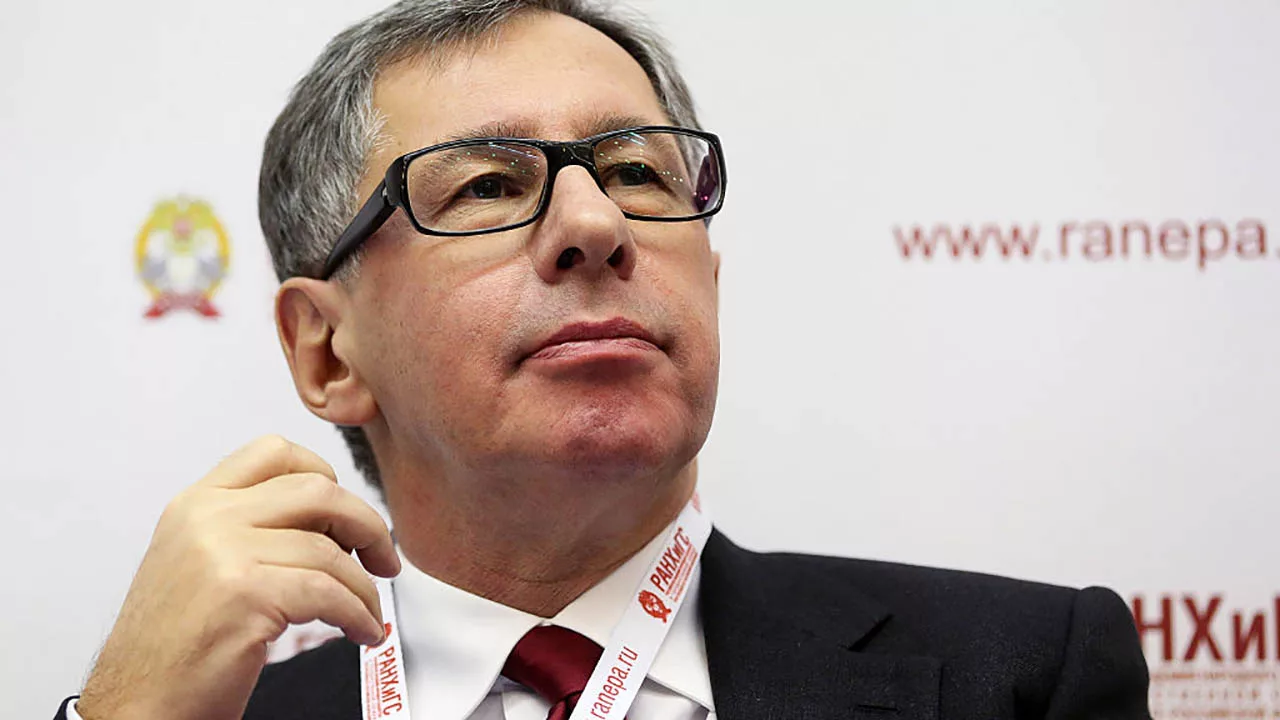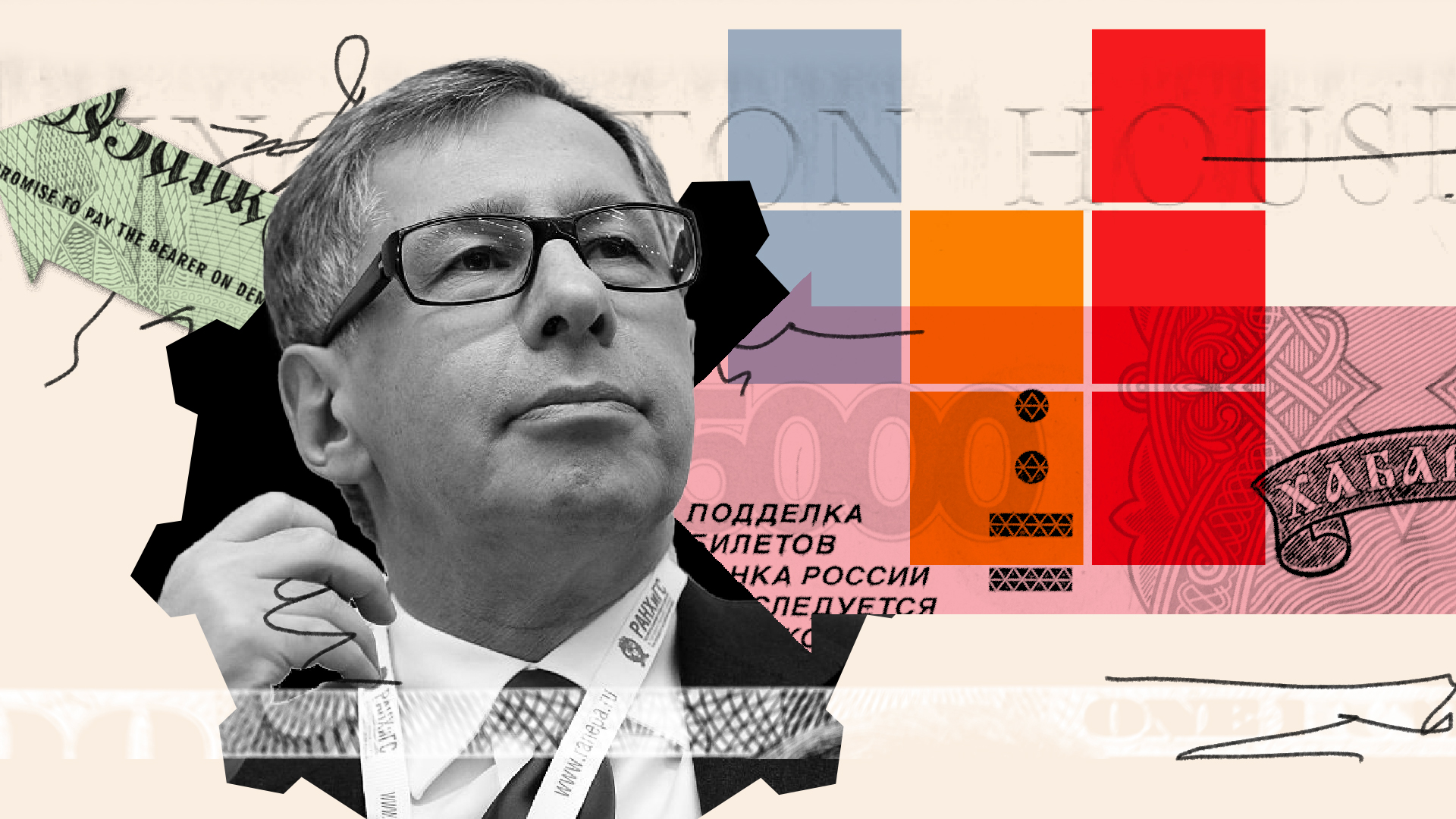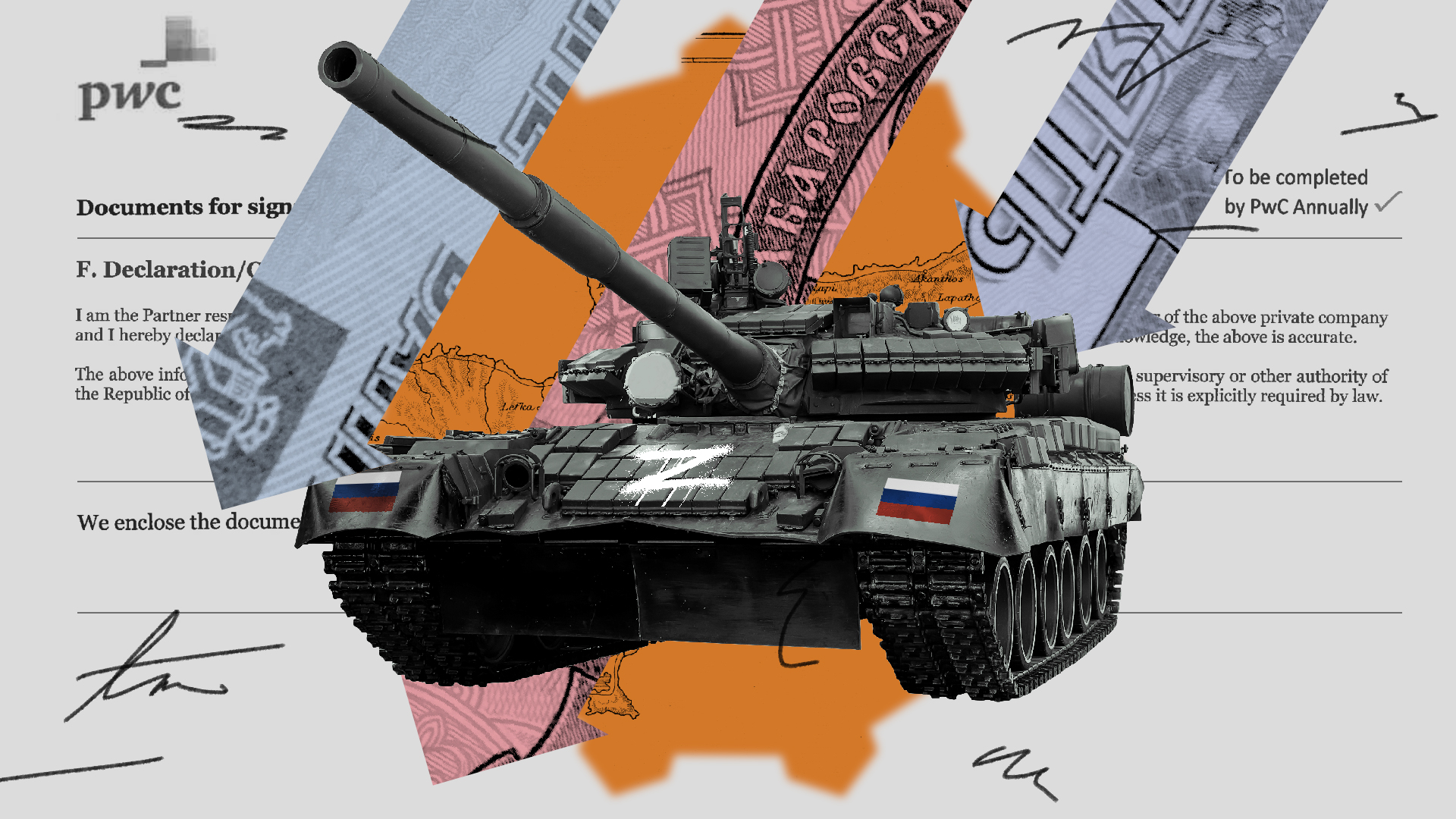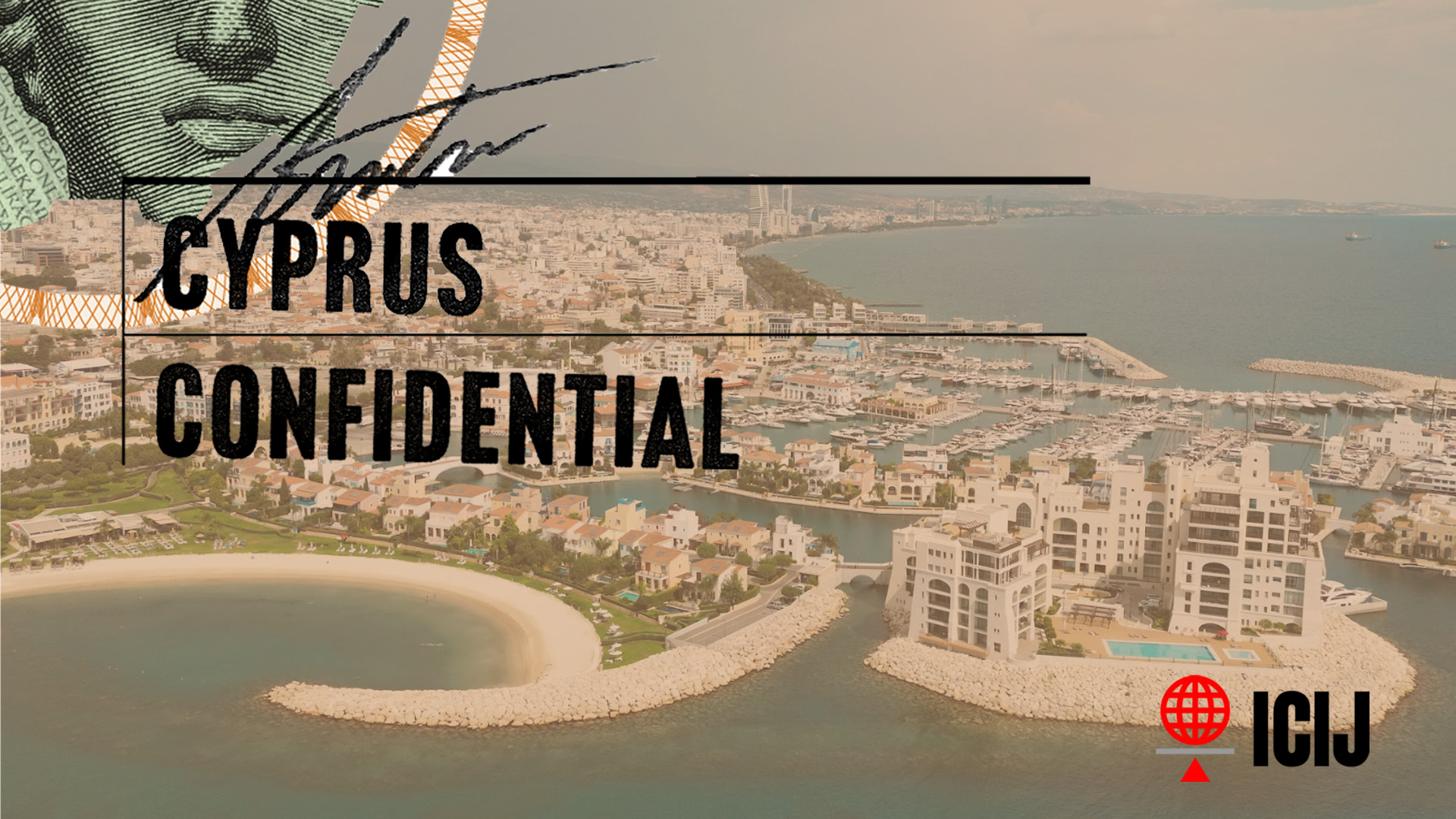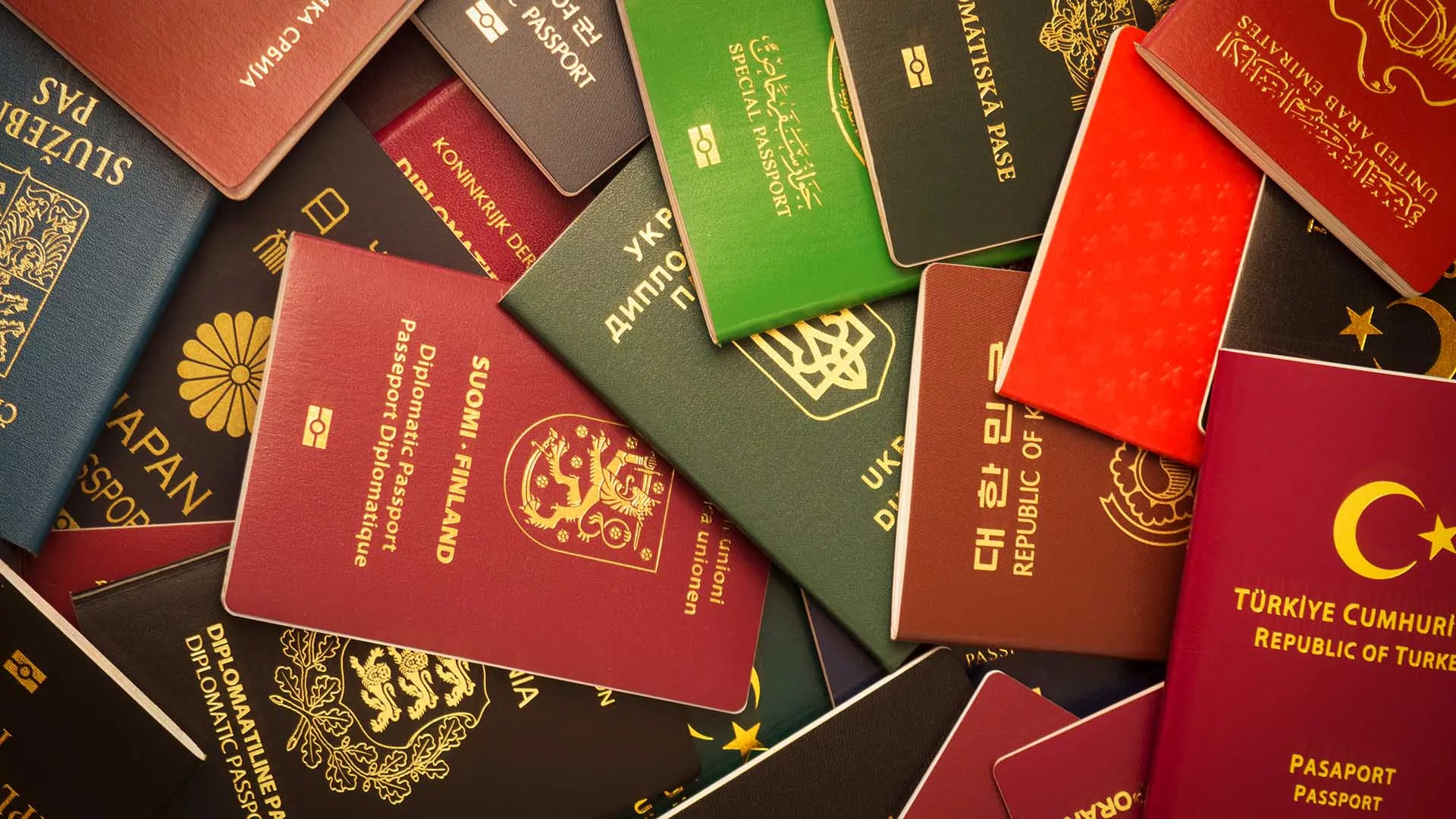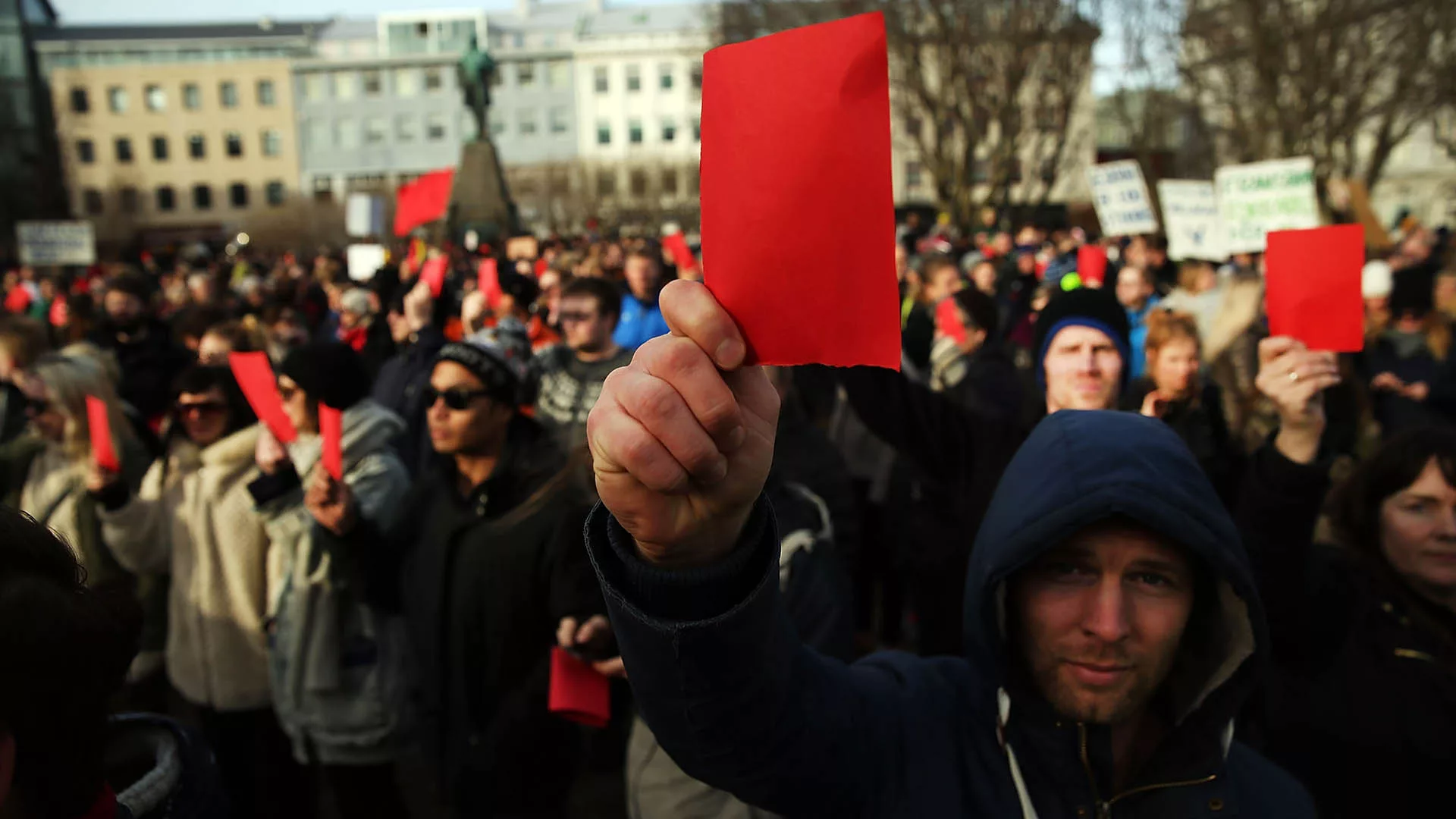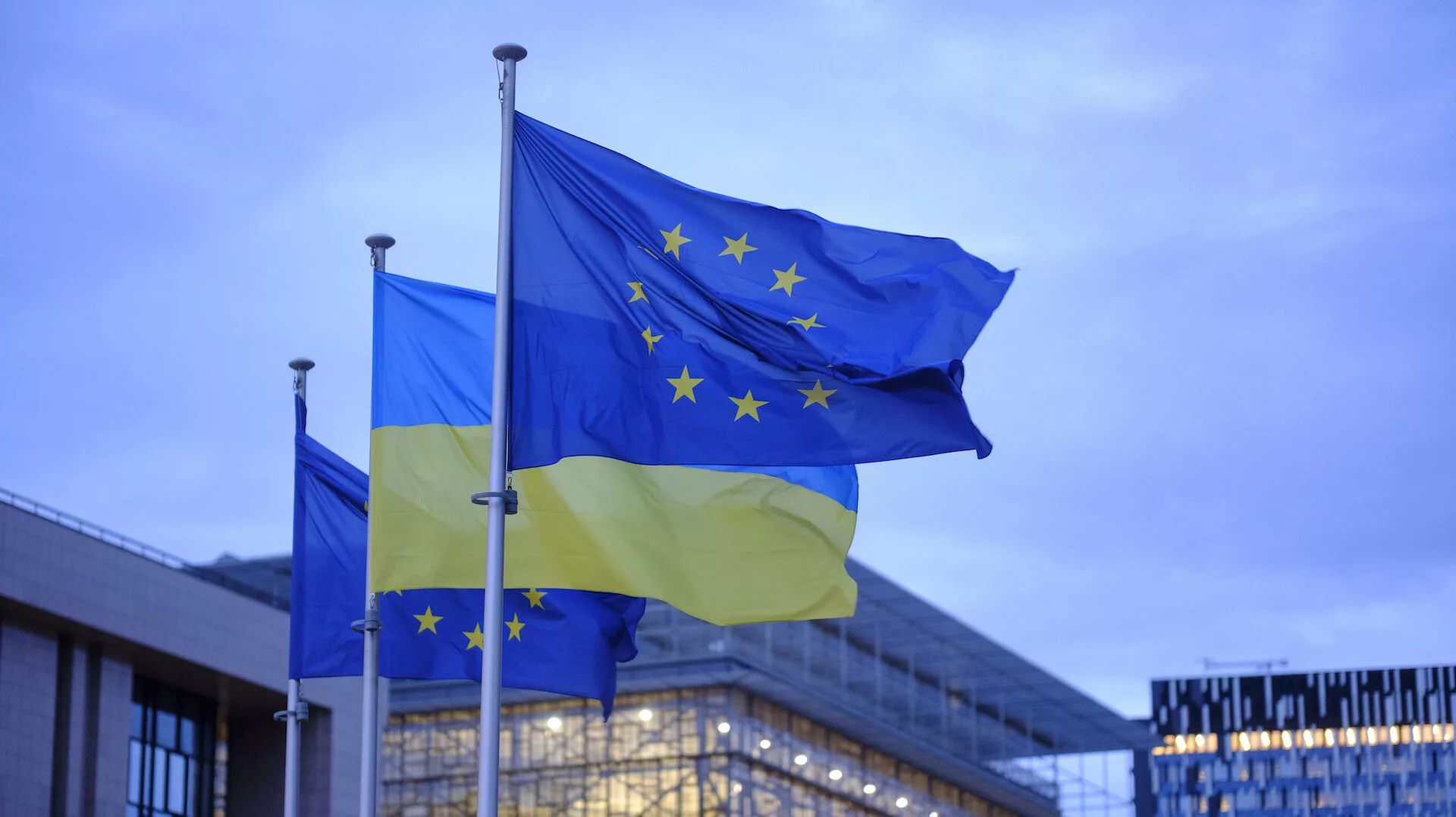Russian oligarch Petr Aven’s estate manager has agreed to forfeit more than $1 million, ending a lengthy investigation for allegedly dodging sanctions imposed after Russia’s 2022 invasion of Ukraine.
A judge signed off Monday on the agreement between the estate manager Stephen Gater and the U.K. National Crime Agency. The agency alleged that efforts to move money held for “the benefit of Petr Aven” — but not in Aven’s name — in multiple accounts as well as that some transactions violated the sanctions. The transactions included the sale of a Bentley Bentayga for more than $200,000 and payments to staff at Ingliston House, Aven’s mansion outside London. NCA froze the accounts in 2022, the agency said in a statement.
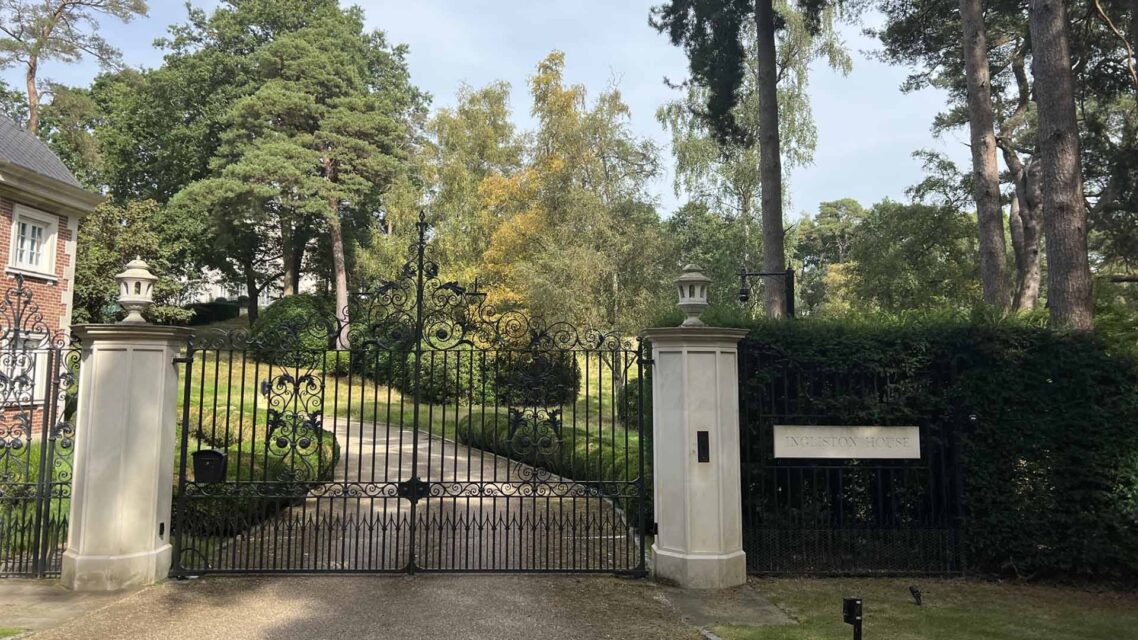
Aven is the former head of Russia’s largest privately-owned bank. He became widely known after being named in the 2019 Mueller report into Russian interference in U.S. elections as having offered himself as a conduit between Russian President Vladimir Putin and Donald Trump’s transition team shortly after the 2016 presidential election. Aven has met with Putin regularly, including soon after the invasion on Feb. 24, 2022.
Aven and Gater have not admitted any wrongdoing. A lawyer for Aven did not reply to ICIJ’s request to comment.
ICIJ published an investigation in November 2023 as part of its Cyprus Confidential project detailing the role of a Cypriot corporate services provider in helping Aven move a substantial amount of money from Austria to the U.K., days after the invasion and on the very day Aven was sanctioned by the European Union, and just a few weeks before the U.K. added him to its sanctions list.
The governments that sanctioned Aven alleged he was a close Putin ally. In the court hearing for the forfeiture, a lawyer for Aven said he was in “a position of opposition” to the Kremlin, according to Bloomberg News.
The NCA said it was the first time it had recovered money in a sanctions violation case. One expert urged law enforcement to take note of the precedent. “The NCA’s first successful forfeiture of funds from an investigation into the proceeds of alleged sanctions evasion is a major milestone that should spur greater ambition for future sanctions enforcement action,” Helen Taylor, a senior legal researcher at NGO Spotlight on Corruption in London, who has closely followed the case, told ICIJ via text message. “While the UK has talked tough on sanctions, this should mark the beginning of a step change in enforcement — backed up by proper resources and strategic thinking — if it is serious about ensuring sanctions are effective as a tool for combatting kleptocracy.”
Spotlight on Corruption has long criticized U.K. authorities for failing to enforce sanctions regimes, noting that they have imposed no fines nor secured any convictions under sanctions policies since 2022.
The numbers are stark:
0⃣ fines for breaches of financial sanctions imposed since 2022
0⃣ convictions for sanctions evasion since 2012
0⃣ assets permanently seized through civil or criminal action related to sanctions violations— Spotlight on Corruption (@EndCorruptionUK) July 24, 2024
The consent order approved Monday and shared by Spotlight on Corruption with ICIJ shows that even without any formal admission of guilt from the involved parties, the judge deemed the seized funds “recoverable property/ intended for use in unlawful conduct.”
The NCA said in a statement that “the result announced today is significant, and marks the end of a complex and long-running investigation by the NCA’s Combatting Kleptocracy Cell. It demonstrates the NCA’s commitment to enforcing the UK’s sanctions regime, and to recovering money held unlawfully for the benefit of the public purse.”
Published by: icij.org
